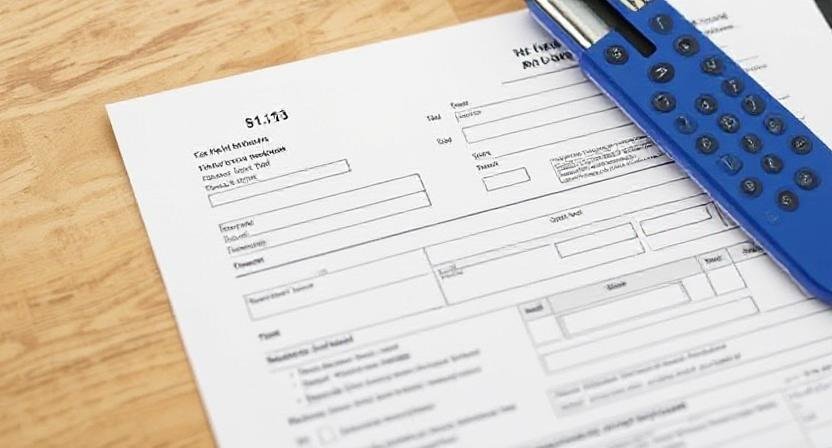With the UAE’s introduction of corporate tax effective from June 1, 2023, corporate tax filing has become an essential compliance requirement for businesses operating within the country. This article explains everything you need to know about corporate tax filing in the UAE, including who must file, how to prepare, and why timely filing matters.
What is Corporate Tax Filing in the UAE?
Corporate tax filing refers to the process by which companies and taxable entities report their income, expenses, and calculate their corporate tax liability to the UAE Federal Tax Authority (FTA). Filing is done through the FTA’s online portal and must be completed annually based on the financial year.
The UAE’s corporate tax applies a standard rate of 9% on taxable profits above AED 375,000, while profits below this threshold are taxed at 0%, encouraging small and medium enterprises to grow.
Who is Required to File Corporate Tax Returns in the UAE?
All business entities, including:
-
UAE mainland companies
-
Free zone companies (subject to qualifying conditions)
-
Foreign entities with permanent establishments in the UAE
-
Individuals conducting business under commercial licenses
must complete corporate tax filing if their taxable income exceeds the mandatory threshold or if otherwise required by law.
Key Steps for Corporate Tax Filing in the UAE
-
Register for Corporate Tax
Before filing, businesses must complete corporate tax registration UAE via the FTA’s EmaraTax portal. This registration is mandatory for all taxable persons. -
Maintain Proper Financial Records
Accurate bookkeeping and financial statements are essential to support your tax filing. This includes profit and loss statements, balance sheets, and cash flow reports. -
Calculate Taxable Income
Determine your taxable profit by deducting allowable expenses from total revenue. Remember to apply any exemptions or reliefs as per UAE corporate tax law. -
Submit Your Tax Return
Using the EmaraTax system, file your corporate tax return by the deadline, usually within nine months after the end of your financial year. -
Pay the Tax Due
Pay any tax liability promptly to avoid penalties and interest.
Why Timely Corporate Tax Filing in the UAE is Crucial
Filing your corporate tax return on time ensures compliance and helps avoid:
-
Financial penalties and fines imposed by the FTA
-
Interest on late tax payments
-
Increased scrutiny and potential audits
-
Suspension or cancellation of trade licenses
Timely filing also reflects strong corporate governance and builds trust with stakeholders and financial institutions.
Benefits of Using Online Corporate Tax Filing Services
Many UAE businesses are opting for online corporate tax filing services for efficiency and accuracy. These services offer:
-
Automated calculations to reduce human errors
-
Secure document submission and storage
-
Real-time tracking of filing status and tax payments
-
Access to expert guidance on complex tax issues
By leveraging digital platforms, businesses can streamline compliance and focus more on growth.
The Role of AI in Corporate Tax Filing UAE
AI-powered tools are revolutionizing corporate tax filing in the UAE by automating data extraction from invoices and financial documents, validating tax calculations, and ensuring that filings meet regulatory standards. AI helps businesses:
-
Detect errors and inconsistencies before submission
-
Stay updated with regulatory changes automatically
-
Predict tax liabilities to improve cash flow planning
The integration of AI in corporate tax filing is particularly valuable for companies handling large volumes of transactions or operating across multiple jurisdictions.
Conclusion: Mastering Corporate Tax Filing in the UAE
Navigating the new corporate tax landscape in the UAE requires awareness, preparation, and timely action. By understanding the corporate tax filing process, maintaining accurate records, and leveraging online and AI-powered tools, businesses can ensure full compliance with the FTA’s requirements while optimizing their financial management.
For UAE businesses, embracing these modern solutions is not just about avoiding penalties—it’s about positioning themselves for sustainable success in an increasingly competitive environment.





